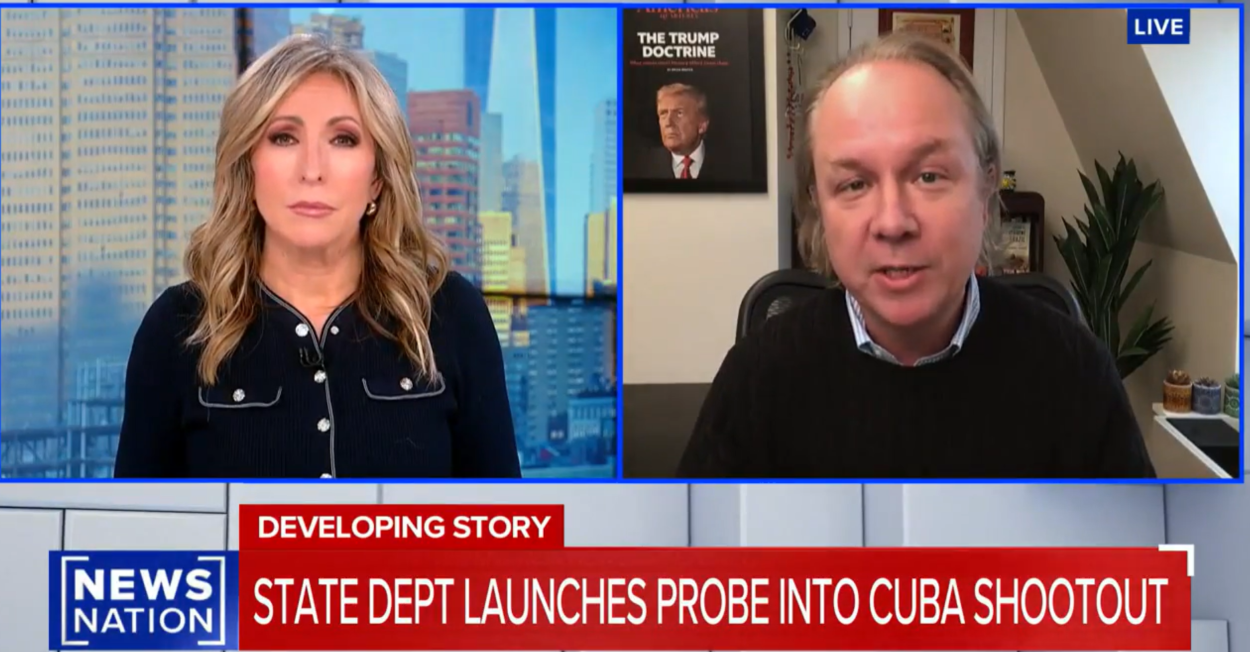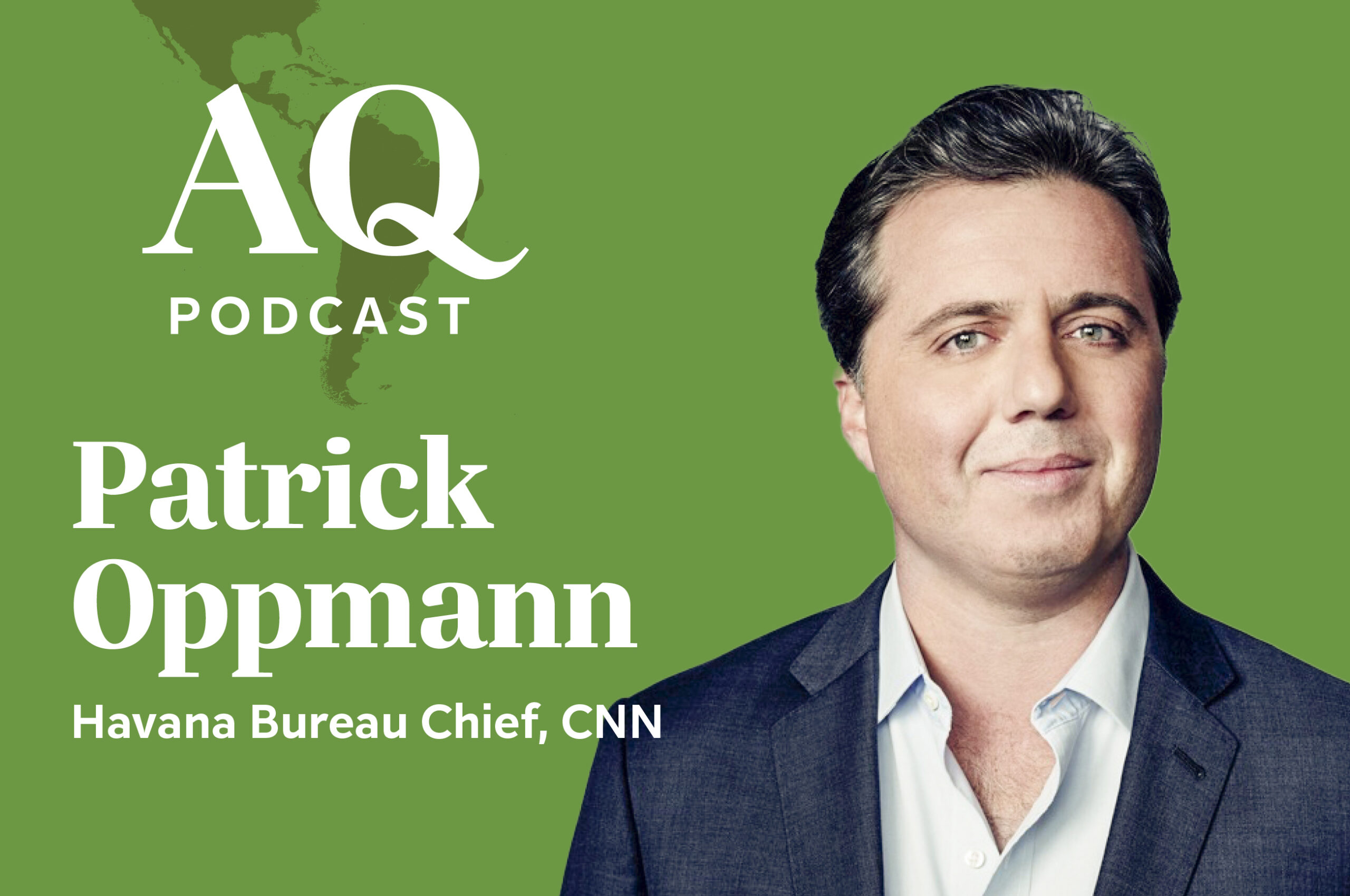U.S.-Cuba Relations: A Year of Change
U.S.-Cuba Relations: A Year of Change
“President Obama freed up a lot restrictions on doing business with Cuba and now it’s on the Cubans to show their willingness to work in various sectors,” comments AS/COA's Alana Tummino.
In the year since the U.S.-Cuba rapprochement began, some things have seemed to move at warp speed, but others have smacked into the reality that the two former Cold War enemies still have two very different systems and have barely talked to each other in five decades.
There have been important symbolic changes. An American flag now waves over a U.S. Embassy in Havana, and a Cuban flag flies at the Cuban Embassy in Washington, D.C., after an absence of more than 54 years. President Barack Obama and Cuban leader Raúl Castro have met face-to-face twice and talked by telephone three times, even joking about the famously long speeches of Fidel Castro.
Cuba has been removed from the U.S. black list of state sponsors of terrorism, and there have been talks on prickly issues such as migration, human rights, and claims for confiscated property of U.S. citizens and corporations….
...For Alana Tummino, who accompanied a U.S. business delegation at a recent international trade fair in Cuba, the realization that things had changed significantly came as she sipped her morning coffee at the Hotel Saratoga in Havana.
“A whole host of business leaders from the United States, including former hard-line Cuban Americans, passed by, and that really signaled to me that we’re in a different era,” said Tummino, who heads the Cuba Working Group at the Americas Society/Council of the Americas....
...“There is the feeling that Obama freed up a lot restrictions [on doing business with Cuba] with the new regulations and now it’s on the Cubans to show their willingness to work in various sectors,” Tummino said.
She said one reason for the seemingly slow uptake on the part of the Cuban government is a difference in priorities.
U.S policy puts a lot of emphasis on empowering and engaging the non-state sector, she said. “But from the Cuban government’s viewpoint, that’s a small percentage of the overall economy. They are very focused on large projects in energy, biotechnology and tourism and those projects are largely off the table in terms of American investment....








